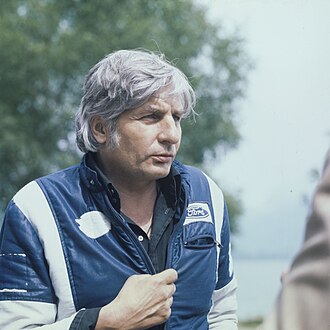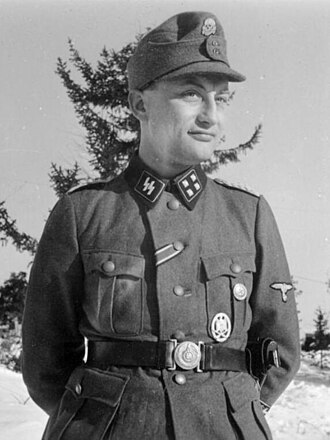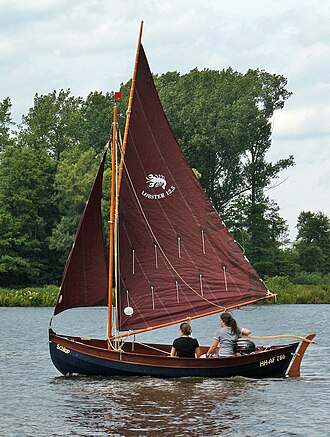Discover Your Roots
SIGN UPDiscover Your Roots
SIGN UPGunter is a male first name of German origin that means "Battle Warrior." It is derived from the German word "Günter" and is associated with strength, courage, and bravery. The name has a rich historical significance and has been borne by notable individuals across various fields, including sports, arts, and academia. In Germanic culture, the name Gunter represents a warrior spirit and resilience. It has also been used in fictional contexts, featuring in popular animated TV series and video games. The name Gunter embodies a sense of determination and valor, making it a powerful choice for parents seeking a name with a strong and impactful meaning.

Gunter Sachs, also known as Fritz Gunter Sachs, was a German-born Swiss industrial heir, socialite, art collector, photographer, and author. He was renowned for his lavish lifestyle in St. Moritz and St. Tropez and gained international fame as a documentary filmmaker and photographer. Sachs was born on 14 November 1932 in Mainberg Castle near Schweinfurt, Weimar Republic, to Willy Sachs and Elinor Sachs. He had an older brother, Ernst Wilhelm Sachs, and a younger half-brother, Peter Sachs. Sachs was educated at the Institut auf dem Rosenberg in St.Gallen, Switzerland, and later studied mathematics and economics.Sachs was romantically linked to the former Iranian empress Soraya Esfandiary and was married three times. He was first married to Anne-Marie Faure and later to the former Swedish model Mirja Larsson. Sachs was also known for his sports involvement, serving as the chairman of the St. Moritz Bobsleigh Club. Additionally, he was an avid art collector, amassing a significant collection of works by renowned artists such as Andy Warhol, Salvador Dalí, and Roy Lichtenstein.Tragically, Sachs died by suicide on 7 May 2011 at his home in Gstaad, Switzerland. His extensive art collection was later partially sold through Sotheby's in May 2012. Sachs left behind a legacy as a multifaceted individual who made significant contributions

Gunter d'Alquen (24 October 1910 – 15 May 1998) was a prominent figure in the Nazi regime, serving as the chief editor of Das Schwarze Korps, the official newspaper of the SS, and commanding the SS-Standarte Kurt Eggers. Born in Essen, Germany, d'Alquen joined the Hitler Youth and NSDAP in his early years, later becoming a member of the SS in 1931. His journalistic career led him to the editorship of Das Schwarze Korps, where he propagated Nazi beliefs and anti-Semitic sentiments. During World War II, d'Alquen served as a prominent SS war correspondent.Following the war, d'Alquen faced legal consequences for his involvement in Nazi propaganda, leading to his imprisonment and subsequent employment by the Counterintelligence Corps, a fact revealed in de-classified CIA documents. Despite denying knowledge of Nazi extermination camps, he was found guilty of playing a significant role in wartime propaganda and incitement against various groups, resulting in fines and loss of pension rights. D'Alquen's post-war activities also included involvement in the Naumann Circle and business ventures.Gunter d'Alquen passed away on 15 May 1998 in Mönchengladbach, leaving behind a controversial and complex legacy linked to the atrocities of the Nazi regime.

The Gunter rig is a type of sailing configuration commonly used in small sailing craft. It features a fore and aft sail set behind the mast, with the lower half of the luff attached to the mast and the upper half fastened to a vertical spar called a "yard." This rig's overall triangular shape gives it a resemblance to the Bermuda rig. The Gunter rig offers the advantage of a shorter mast, which can be easily stored within the hull when unstepped, making it convenient for towing, garage storage, or use as a tender for larger boats. Additionally, the rig's performance to windward is comparable to that of the Bermuda rig, making it popular in pleasure craft. There are various forms of the Gunter rig, each with specific characteristics and advantages, including different halyard systems and ease of reefing. This rig's design and functionality contribute to its widespread use in small sailing vessels, enhancing sea-worthiness in varying conditions.

Gunter Demnig, born on October 27, 1947, is a renowned German artist celebrated for his Stolperstein ("stumbling block") memorials dedicated to the victims of Nazi persecution, encompassing Jews, homosexuals, Romani, and the disabled. The project involves placing engraved brass stones in front of former residences of Holocaust victims who were deported and murdered by Nazi Germany. Originating in Germany, the memorial initiative has extended to more than 100,000 stones across 26 European countries. Demnig, who was born in Berlin and raised in Nauen, is an accomplished artist who completed his education at Berlin University of the Arts and the Kunsthochschule Kassel. His notable work, Stolpersteine, highlights the individual victims and the extensive impact of Nazi war crimes. Demnig's artistic journey has included various exhibitions and projects, with his most renowned work being the Stolpersteine project. This initiative serves as the world's largest memorial, with approximately 61,000 Stolpersteine laid across 21 countries in Europe. Gunter Demnig's dedication to commemorating the victims of Nazi persecution has left an indelible mark on the world.

Gunter Pauli, born in 1956 in Antwerp, Belgium, is a renowned entrepreneur, economist, and author. He is best known for his influential work, The Blue Economy, and has a diverse background, having lived on four continents and being fluent in seven languages. With a degree in economics from Loyola University and an MBA from INSEAD, Pauli's entrepreneurial endeavors have spanned culture, science, politics, business, and the environment. He is a member of The Club of Rome and has served as an advisor for governments in Spain, Argentina, and Italy. Pauli is committed to designing and implementing competitive business models that utilize locally available resources to meet people's needs. In 1994, he introduced the "The Blue Economy" philosophy, emphasizing sustainable growth. Additionally, he founded the Zero Emissions Research Initiative (ZERI) in the same year. While Pauli has made significant contributions to sustainable development, he has also faced controversies, including the termination of an agreement with the ZERI Foundation and controversial statements regarding the coronavirus. Despite these controversies, Pauli's impact on sustainable business and environmental conservation is widely recognized.
All images displayed on this page are sourced from Wikipedia or Wikimedia Commons.We use these images under their respective Creative Commons or public domain licenses. Wherever applicable, author attributions and license information are provided. If you believe an image is used incorrectly or outside its license terms, please contact us so that we can review and correct the issue.